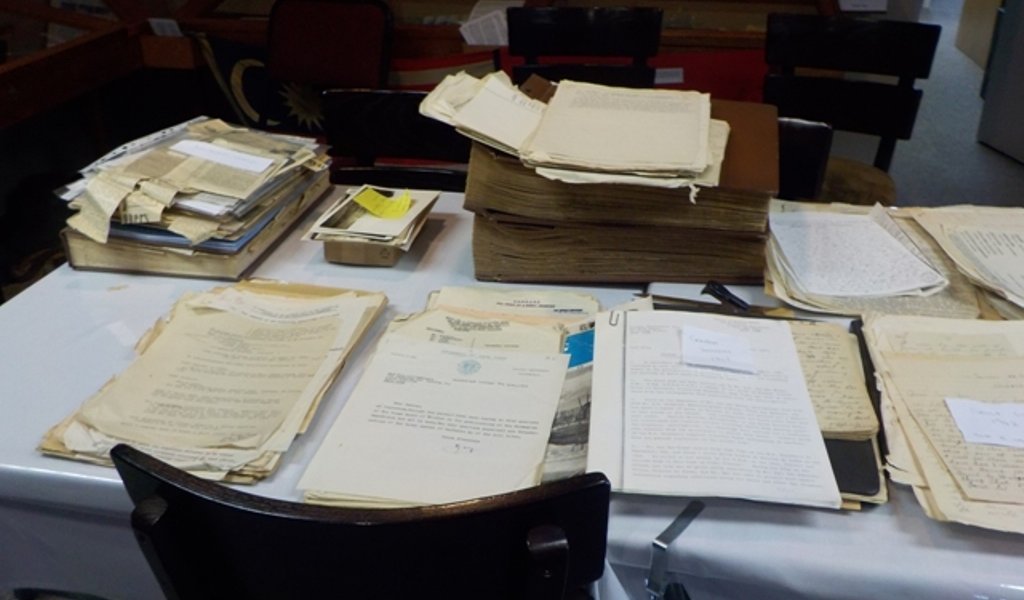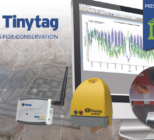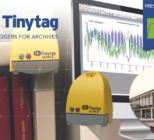The Island of Tristan da Cunha is part of the most remote inhabited archipelago in the world, with a population of 262 it is situated in the middle of the south Atlantic and located 2,000km from the nearest inhabited island, Saint Helena, and 2,400 km from South Africa, the nearest continental land mass. In 2016, the Tristan Government was successful in being awarded a grant by the British Library for a pilot in its ‘Endangered Archives Programme’. The Project is entitled ‘All Hands’ Things: the Endangered Archives of Tristan da Cunha’ (in Tristan da Cunha English, ‘All hands’ refers to the whole community). Run by Dawn Repetto, Head of Tourism and Heritage, with support in the UK, the Project aims to gather and preserve the island’s historical archive materials from all periods, although focussing on 1810 to 1963 – that is from the earliest attempts at a settlement until the return of the islanders from their evacuation to the UK during the volcanic eruption of 1961.
Repetto said: “The data loggers work perfectly, and have clearly shown that the dehumidifier we have is not maintaining the correct levels of temperature and humidity.”
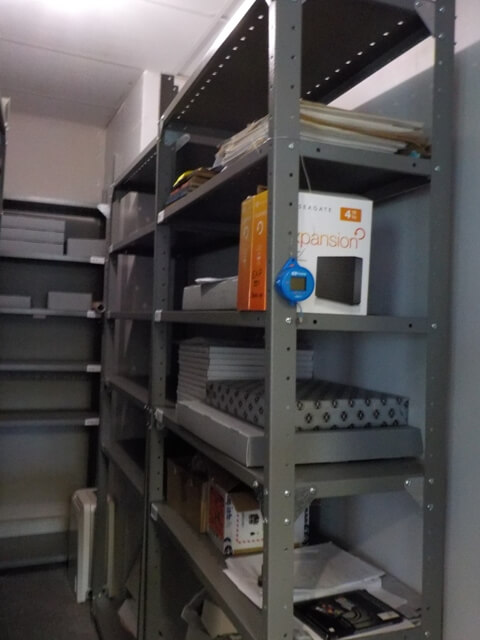
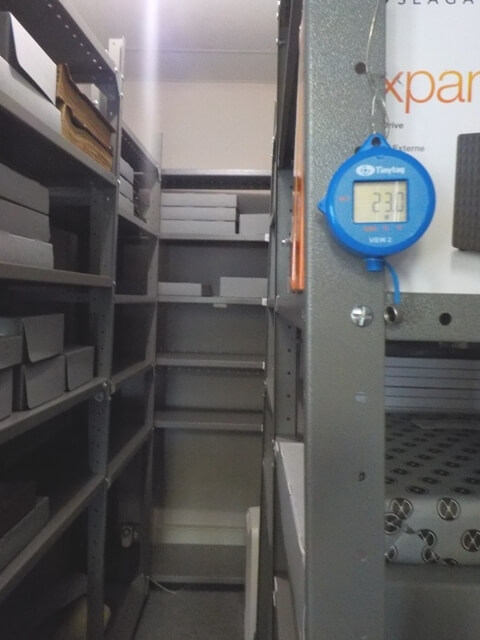
The Project involved setting up an archive room from scratch, and was slowed while equipment, software and training materials were shipped from England. The plan is for non-sensitive material to be also made available to the public online. It is hoped that the material preserved will give a valuable insight into island life and how a tiny community on an island with no airport, and many days sail from Saint Helena, has survived in today’s world.
The archives contain many letters and documents and it is essential they are kept in the correct environmental conditions to ensure their long term preservation. One of the most vulnerable documents relates to the set-up of a lobster fishery on the island in 1948: unfortunately the papers relating to this have been glued into a big book and managing temperature and humidity levels is key to help stopping its deterioration. The island suffers from a damp climate in which paper documentation degrades over time if not properly looked after. The island also features an active volcano and encounters severe weather which further illustrates the need for preservation of the history of this island.
Gemini Data Loggers provided three temperature/RH data loggers – two TGU-4500s, and one TV-4500 with an integral LCD display. Results of the monitoring initially showed high levels of humidity and borderline raised temperatures, demonstrating the requirement for more effective dehumidification and cooling equipment.
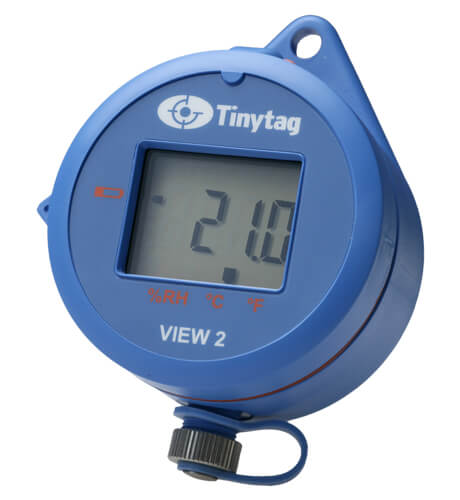
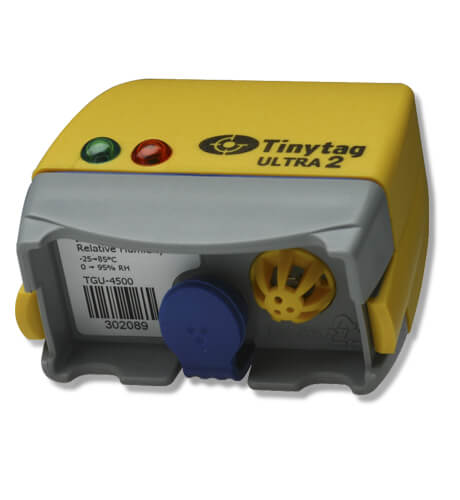
Cathy Clark at Gemini is delighted that Tinytags have played a role in this new venture in such a unique location. She said: “Tinytag data loggers are used extensively in museums and archives – they are cost-effective, easy to use and can be left for long periods if required to build up an accurate picture of environmental conditions to help with the preservation of sensitive material.”
The Project Team would be very interested in hearing from anyone with historical items that could be donated to the archive – either originals, photographic copies or digital scans. Please contact Peter Millington [email protected] who will advise on what to do next. More information about the Project can be found here.

